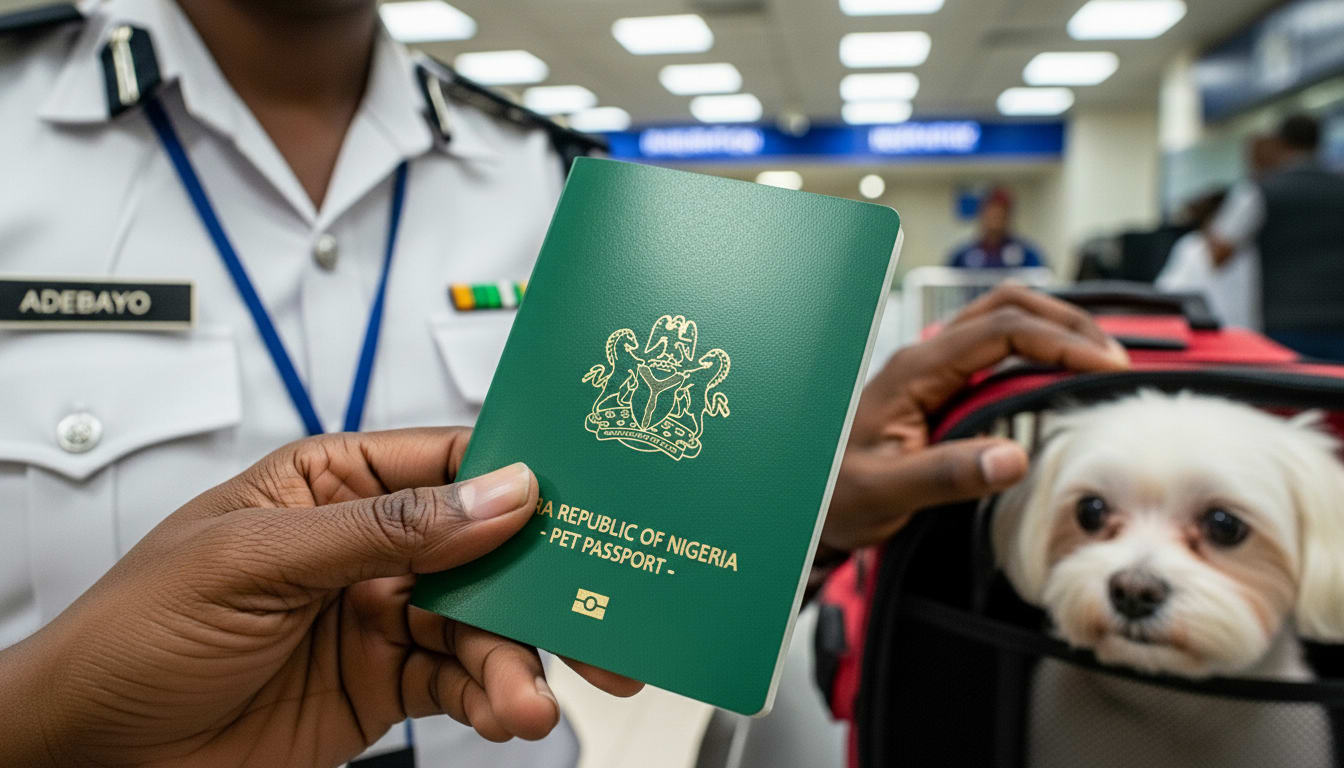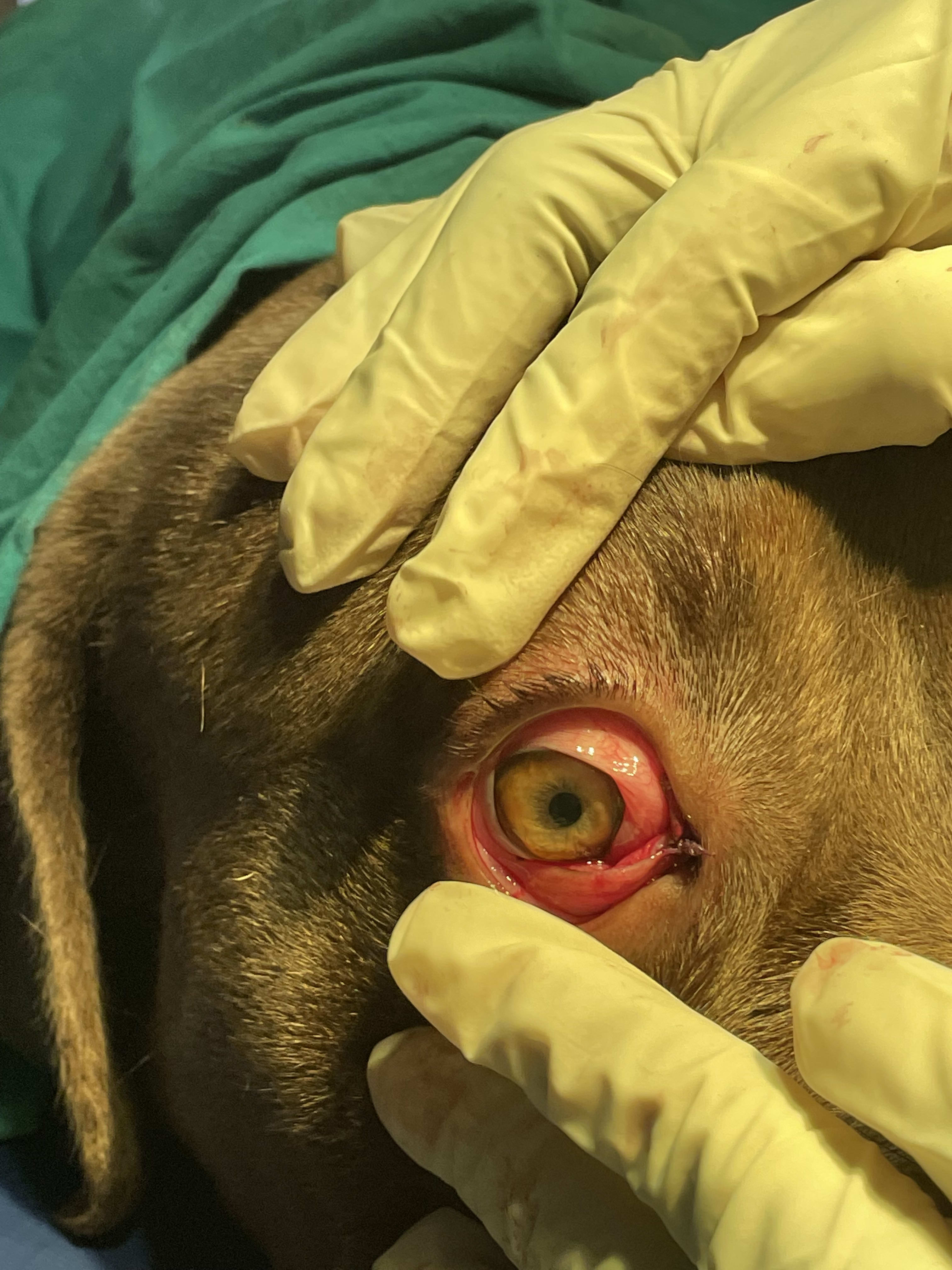Livestock
TOP 5 Livestock Farm Loans And Grants In Nigeria
Farming in Nigeria, particularly livestock farming, presents incredible opportunities for wealth creation and food security. Yet, the reality for many farmers is that limited access to capital often stifles progress. Whether you’re rearing poultry, managing a piggery, or raising cattle, securing reliable funding is often the key to scaling up operations. That’s why understanding livestock farm loans and grants in Nigeria is essential.
Mygotovet understands how challenging it can be for farmers to find the right financial support. Therefore, this guide highlights the top five livestock farm loans and grants in Nigeria, providing practical insights into how you can access them and grow your agribusiness sustainably.
TOP 5 Livestock farm Loans and Grants in Nigeria
1. Anchor Borrowers’ Programme (ABP)
2. Agricultural Credit Guarantee Scheme Fund (ACGSF)
3. Commercial Agricultural Credit Scheme (CACS)
4. Nigeria Incentive-Based Risk Sharing System for Agricultural Lending (NIRSAL)
5. The Tony Elumelu Foundation (TEF) Entrepreneurship Programme
1. Anchor Borrowers’ Programme (ABP)
The Anchor Borrowers’ Programme (ABP), launched by the Central Bank of Nigeria (CBN), was designed to bridge the financing gap between smallholder farmers and large-scale agricultural processors. For livestock farmers, this program is a great opportunity, as it directly supports sectors such as poultry, fishery, and ruminant production.
The scheme provides loans in both cash and kind, including feeds, drugs, and equipment, all at a highly subsidized interest rate. Typically, smallholder farmers are expected to belong to cooperatives or associations, as this increases their eligibility. Repayment is often made through produce, which reduces cash pressure on the farmer.
Through the ABP, countless farmers have transitioned from small-scale to commercial operations. To apply, interested livestock farmers must register with accredited farmer groups, have a valid Bank Verification Number (BVN), and meet basic documentation requirements. Mygotovet encourages farmers to seek local agricultural cooperatives or extension offices for application guidance.
2. Agricultural Credit Guarantee Scheme Fund (ACGSF)
The Agricultural Credit Guarantee Scheme Fund (ACGSF) is another powerful initiative managed by the CBN. Its goal is to encourage commercial banks to lend to the agricultural sector by guaranteeing a portion of the loans they disburse.
Livestock farmers benefit directly because the scheme covers poultry, piggery, cattle rearing, and fish farming. ACGSF guarantees up to 75% of the loan amount in case of default, making banks more confident in lending to farmers.
Interest rates under this scheme are competitive, averaging around 9%, while loan limits can reach ₦50 million depending on the borrower’s scale. In addition, small loans below ₦100,000 typically do not require tangible collateral, just cooperative backing or cross-guarantees from fellow members.
RECOMMENDED:
Livestock Farming: Systems, Solutions & Best Farm Practices
Livestock Farming Systems In Africa | MyGotoVet Guide
5 Livestock Farms To Start With No Money In Africa
3. Commercial Agricultural Credit Scheme (CACS)
If your livestock enterprise operates at a large or semi-commercial scale, the Commercial Agricultural Credit Scheme (CACS) is worth exploring. This initiative, established by the Federal Government and the CBN, provides funding of up to ₦2 billion for major agricultural ventures at an affordable interest rate of 9%.
CACS loans can be used for infrastructure development, feed production, or expanding breeding facilities. With a repayment period of up to seven years, it gives livestock businesses room to grow sustainably without the burden of short-term repayment deadlines.
However, to qualify, applicants must submit a detailed business plan, demonstrate strong management capacity, and show evidence of existing or proposed commercial-scale operations. Farmers seeking to build large ranches, automated poultry houses, or processing plants can use this scheme to expand.
Mygotovet provides professional agricultural consultations to help farmers refine their proposals and increase their chances of approval.
4. Nigeria Incentive-Based Risk Sharing System for Agricultural Lending (NIRSAL)
The Nigeria Incentive-Based Risk Sharing System for Agricultural Lending (NIRSAL) is not just a funding source; it’s a bridge between farmers and banks. By offering credit guarantees and risk management services, NIRSAL encourages financial institutions to lend to farmers who would otherwise be considered high-risk borrowers.
NIRSAL provides guarantees on up to 75% of loan values, reducing the risk to banks. Additionally, it offers training and insurance services that help farmers manage potential losses due to disease, theft, or climate shocks.
This initiative benefits both small and large-scale livestock farmers who need access to affordable credit. To access NIRSAL support, farmers can apply through participating commercial banks or microfinance institutions.
5. The Tony Elumelu Foundation (TEF) Entrepreneurship Programme
Unlike loans, the Tony Elumelu Foundation (TEF) Entrepreneurship Programme offers non-repayable grants to entrepreneurs across Africa. Nigerian livestock farmers can receive $5,000 in seed capital, along with mentorship and business training.
Applicants must submit a compelling business proposal that clearly outlines their farming model, community impact, and sustainability plan. Successful applicants not only receive funding but also access a powerful entrepreneurial network that can boost business visibility and opportunities.
This grant is especially suited for young and emerging livestock farmers looking to start or expand without taking on debt. Mygotovet encourages youth in agriculture to apply, as the program has consistently empowered thousands of farmers across Nigeria.
Essentials for Securing Livestock Financing
Accessing livestock loans and grants requires more than just interest, it demands preparation and strategy. To increase your success rate:
-
Develop a Strong Business Plan:
Include detailed production costs, income projections, and sustainability goals. -
Organize Documentation:
Ensure you have valid identification, farm ownership documents, tax clearance, and a well-structured proposal. -
Join Cooperatives:
Cooperative membership increases eligibility and trustworthiness during application. -
Understand the Scheme Requirements:
Each loan or grant has unique conditions, so tailor your application accordingly. -
Seek Expert Guidance:
Platforms like Mygotovet provide farmers with accurate information and tools to navigate agricultural funding processes efficiently.
Common Challenges in Accessing Livestock Funding
Despite the many opportunities available, several farmers still struggle to access loans due to:
-
Lack of collateral or bankable business records
-
Limited awareness about government schemes
-
Complex application procedures
-
Inconsistent follow-up and poor proposal writing
To overcome these obstacles, livestock farmers must focus on education, cooperative engagement, and mentorship. Staying informed about funding cycles and maintaining accurate financial records can significantly improve success rates.
Accessing livestock farm loans and grants in Nigeria is a critical step toward achieving food security and financial independence. Programs like the Anchor Borrowers’ Programme, ACGSF, CACS, NIRSAL, and TEF provide real pathways to empowerment for Nigerian farmers.
Mygotovet, believes financial inclusion should be at the heart of agricultural development. By taking advantage of these opportunities, farmers can scale up their operations, adopt modern practices, and contribute meaningfully to the nation’s economy.
If you’re ready to take your livestock business to the next level, visit Mygotovet today for expert guidance, application tips, and updates on the latest livestock financing opportunities in Nigeria.
Frequently Asked Questions on Livestock Farm Loans and Grants in Nigeria
1. What are the best livestock farm loans and grants in Nigeria?
The best livestock farm loans and grants in Nigeria include the Anchor Borrowers’ Programme (ABP), Agricultural Credit Guarantee Scheme Fund (ACGSF), Commercial Agricultural Credit Scheme (CACS), NIRSAL loan, and the Tony Elumelu Foundation (TEF) Entrepreneurship Grant. These programs support poultry, piggery, cattle, and fish farming through low-interest loans and grants.2. How can I apply for livestock loans in Nigeria?
To apply for livestock loans in Nigeria, first choose the right funding scheme (e.g., ABP or NIRSAL). Then, prepare a detailed business plan, register your farm with a cooperative, and submit your application through a participating bank or government portal. Supporting documents like a valid ID, BVN, and farm ownership proof are usually required.3. What is the interest rate for livestock farm loans in Nigeria?
Interest rates for livestock farm loans in Nigeria typically range from 5% to 9%, depending on the scheme. For example, the Anchor Borrowers’ Programme offers 5% loans, while the ACGSF and CACS programs have 9% interest. Some grants, like TEF, are completely non-repayable.4. Are there grants available for livestock farmers in Nigeria?
Yes, Nigerian livestock farmers can access several grants, including the Tony Elumelu Foundation (TEF) Grant, Bank of Industry Agro-Grant, and the Nigeria Youth Investment Fund (NYIF). These grants support farm expansion and innovation without requiring repayment.5. Do I need collateral to get a livestock loan in Nigeria?
Collateral requirements depend on the scheme. Programs like ACGSF and Anchor Borrowers’ Programme often accept group guarantees instead of physical collateral. However, large commercial loans under CACS may require land titles or business assets as security.6. Can youth farmers apply for livestock loans or grants?
Absolutely. Young Nigerians between 18 and 35 years can apply for livestock loans and grants through initiatives like the Tony Elumelu Foundation (TEF) and Nigeria Youth Investment Fund (NYIF). These programs are designed to empower youth-led agribusinesses and create employment.7. How long does it take to get a livestock loan approved in Nigeria?
Loan approval times vary. Typically, government-backed schemes like ABP or NIRSAL may take 4–8 weeks after submitting all required documents. Private bank loans might process faster if your business plan and collateral are in order.8. Can small-scale farmers apply for these loans and grants?
Yes, small-scale farmers are eligible for many livestock loans and grants in Nigeria, especially under programs like the Anchor Borrowers’ Programme and ACGSF. These schemes were specifically designed to support smallholder farmers through cooperatives and farmer associations.9. What livestock sectors are supported by these funding programs?
Most Nigerian agricultural funding programs support poultry, fish farming, piggery, and cattle rearing. Some also extend to goat farming and feed production, depending on the applicant’s business plan and project scale.10. Where can I find reliable information about livestock funding opportunities?
For verified updates and expert advice on livestock farm loans and grants in Nigeria, visit Mygotovet. The platform provides real-time information, eligibility guidance, and professional assistance for farmers looking to secure financial support.Animal Health & Blogs

03 March 2026
0 likesIf you’re planning to relocate or travel with your furry companion, understanding Read More

03 March 2026
0 likesIf you’re searching for the Best Veterinary Practices in Umuahia, Abia ...
Read More
11 February 2026
0 likesValentine’s Day gifts for pet lovers in Nigeria aren’t just cute, they’re thoughtful, useful, and often necessary for vibrant pet health. Whether y ...
Read More